-81%
Clinical Guidance and Strategies for Gastrointestinal Health
The 2022 AGA Postgraduate Course and OnDemand platform present unparalleled opportunities to expand your knowledge and sharpen your skills in gastrointestinal medicine. Delve into over 20 hours of meticulously curated content, encompassing the latest breakthroughs and practical implementation strategies.
Esophagus
- Implications of GERD Phenotypes: Unravel the complexities of gastroesophageal reflux disease (GERD), exploring the distinct characteristics of various phenotypes and their implications for management.
- Key New Concepts in Barrett’s Esophagus: Stay abreast of the evolving landscape in Barrett’s esophagus, gaining insights into novel diagnostic and therapeutic approaches.
- Optimal Management Strategies for EoE: Equip yourself with cutting-edge management techniques for eosinophilic esophagitis (EoE), ensuring effective symptom control and improved patient outcomes.
- Clinical Significance of the Chicago Classification 4.0: Master the intricacies of the updated Chicago Classification for GERD, recognizing its clinical utility in guiding patient care.
Stomach/Small Bowel
- Eosinophilic GI Diseases – More than Meets the Eye: Uncover the hidden depths of eosinophilic gastrointestinal diseases, delving into their diverse manifestations and management strategies.
- Novel Concepts in Functional Dyspepsia: Explore the latest research and clinical approaches to functional dyspepsia, unlocking new ways to alleviate patient discomfort.
- New Paradigms in H. pylori Treatment in 2022: Stay informed about the evolving treatment landscape for Helicobacter pylori infection, optimizing therapeutic outcomes and minimizing resistance.
- PPI Safety Concerns – Enough Already?: Critically examine the safety profile of proton pump inhibitors (PPIs), weighing the benefits and risks in different patient populations.
Pancreatic/Biliary/Obesity
- Pancreatic Cysts – Survey, Ablate or Leave Alone: Navigate the complexities of pancreatic cyst management, understanding the indications for surveillance, ablation, and conservative observation.
- Best Practices for Management of Acute Pancreatitis: Sharpen your skills in managing acute pancreatitis, optimizing outcomes through evidence-based interventions.
- Role of EUS – Guided Gallbladder Drainage in Acute Cholecystitis: Explore the emerging role of endoscopic ultrasound (EUS)-guided gallbladder drainage in managing acute cholecystitis, expanding treatment options.
- Current Role of Gastroenterologist in Management of Obesity: Embark on a comprehensive exploration of the gastroenterologist’s role in tackling the obesity epidemic, encompassing dietary interventions, endoscopic procedures, and multidisciplinary care.
Liver
- What is New in Cirrhosis?: Delve into the latest advancements in cirrhosis management, staying abreast of novel therapeutic approaches and improving patient prognosis.
- Frailty to Palliative Care: Understand the intricate interplay between frailty and palliative care in patients with liver disease, ensuring holistic and individualized treatment.
- Varices Screening and Prophylaxis: Enhance your understanding of varices screening and prophylaxis in patients with liver disease, implementing evidence-based strategies to reduce bleeding risk.
- Acute and Chronic Alcohol-Associated Liver Disease: Master the nuances of acute and chronic alcohol-associated liver disease, optimizing management and promoting patient recovery.
- NAFLD: Updates in Diagnosis and Management: Stay informed about the evolving diagnostic and therapeutic landscape of nonalcoholic fatty liver disease (NAFLD), empowering you to optimize patient outcomes.
Colon
- NBI, Artificial Intelligence, Split Prep – How Else Do I Improve My ADR?: Explore innovative technologies and techniques to enhance adenoma detection rate (ADR) during colonoscopy, maximizing diagnostic accuracy.
- Endoscopic Recognition and Management Strategies for Malignant Colorectal Polyps: Sharpen your endoscopic skills in recognizing and managing malignant colorectal polyps, ensuring early detection and appropriate treatment.
- New Concepts in the Management of Diverticulitis: Delve into the evolving management strategies for diverticulitis, including surgical and endoscopic interventions.
- Genetic Testing: When to Refer and How to Interpret Results: Grasp the complexities of hereditary colorectal cancer, understanding the indications for genetic testing and interpreting results to guide patient care.
IBD
- Choosing the Right Therapy for Your Patient: Ulcerative Colitis: Navigate the therapeutic landscape for ulcerative colitis, selecting the optimal treatment based on disease severity, patient preferences, and response to therapy.
- Choosing the Right Therapy for Your Patient: Crohn’s Disease: Optimize Crohn’s disease management by tailoring treatment choices to individual patient needs and monitoring response effectively.
- Monitoring for Success: Biomarkers, Scopes and TDM: Enhance your monitoring strategies for inflammatory bowel disease (IBD), utilizing biomarkers, endoscopic surveillance, and therapeutic drug monitoring (TDM) to assess disease activity and guide treatment decisions.
- Endoscopic Surveillance and Management of Colorectal Dysplasia in Inflammatory Bowel Diseases: Stay abreast of the latest guidelines for endoscopic surveillance and management of colorectal dysplasia in IBD, maximizing patient outcomes.
maybe you like these too:
- 2022 International Liver Transplant Society Annual Congress (ILTS) (Videos)
- Cholestatic Liver Diseases, An Issue of Clinics in Liver Disease, 1e (The Clinics: Internal Medicine)
- Baylor College of Medicine Annual GI and Hepatology Board Review Course 2021 (Videos)
- Endoscopic Spine Procedures (Original PDF from Publisher)

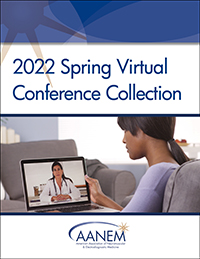


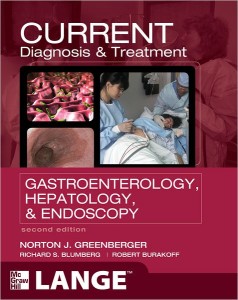
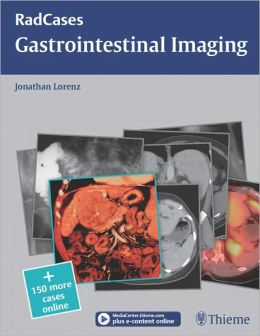

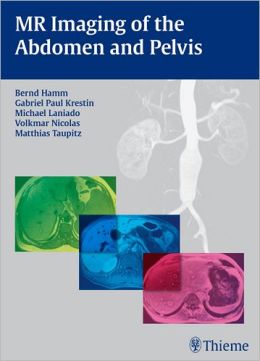
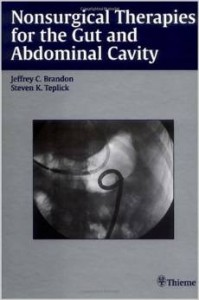
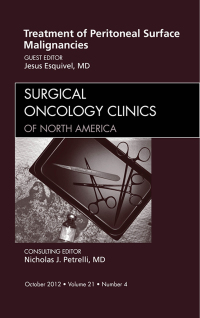
Reviews
Clear filtersThere are no reviews yet.